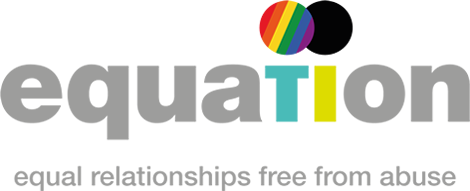Get Help
It’s good to talk
Calling a helpline might feel like a big step, but talking to someone can help us clear our heads and make us feel like we’re taking a step forwards. No matter who we are, we all need some help sometimes.
If you’re planning to leave, we can help you do this in the safest way. And if you’re not ready to leave yet, or if you’re planning to stay, we can help you to keep yourself, your children and even your pets as safe as possible.
We know asking for help can feel like a big step, but you can choose to share as much or as little as you like. You don’t have to give your real name and you can call us anonymously.
What to expect when you call a helpline
If you want to talk things through with someone, confidentially, a trained, compassionate helpline team are there to listen.
- When you call, you might have to wait a little while, and if it’s busy, you might need to leave a message with a contact number, but someone will call you back. In your message, leave a safe number and the times you can and can’t be contacted.
- It’s up to you, how much you say and you can choose to share as much or as little as you like. You don’t have to give your real name either and you can stay anonymous if you want to.
- The advisor will listen and not judge. They’ll ask you some questions and you can choose to answer. They’ll understand.
- Helpline support is led by you because you’re the best person to make decisions about your life. The advisor will want you to feel that you have options and that you’re not alone.
If you’re worried about someone else
You can also call us if you’re worried about someone else – a friend, family member, or someone you work with. If you’re unsure what to do, want to get some advice or just run your thoughts past someone, then talk to us.
What to do if you’re in immediate danger
Call 999 to contact the police - this is available any time and is always free to call.
What to expect when you call the police
When you call the police, their first priority is the safety of you and your children. The police should support you by:
- Helping to protect you and your children
- Trying to reduce the risk of further violence
- Finding out what has happened and starting an investigation
- Offering you initial support and safety planning
- Directing you to organisations that can offer you further help and support.
Is it abuse
Not sure if what you’re experiencing is abuse?
Warning signs

All the services listed on this site are LGBT+ inclusive
Help for men
Help for women
Help for children
Worried about someone else?
Stalking Advice Service
LGBTQ+ services
I was too confused and embarrassed to tell my friends and family. Talking it through with someone was such a relief.
Just talking to someone about what I was going through helped me understand what support I needed.
With all the advice and support I’ve recieved I am starting to rebuild my life again.
I was so worried about my friend. On the helpline they talked through with me how I could support her.
